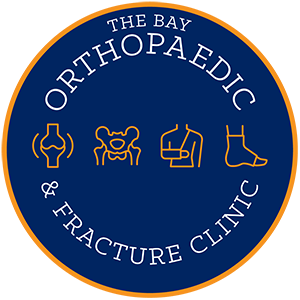Meniscal injuries are common and often occur from a fairly simple twisting injury that disrupts this soft fibrocartilage layer within the knee. The meniscus is a shock absorber in the knee and contributes to some stability.
Historically the meniscus was removed if it was causing problems, but that led to early arthritis so we now try to preserve as much of the meniscus as possible with varying repair techniques.
Meniscal injuries in younger patients are different to meniscal injuries as we get older. Younger sporting displaced meniscal tears often need repair, whilst tears as we get older are often part of arthritis. Mechanical symptoms such as significant clicking or locking of the knee may warrant keyhole surgery to help with the symptoms, but meniscal tears with underlying arthritis and without locking symptoms often settle with injections. The injections we offer are Platelet rich plasma or hyaluronic acid injections which acts like a WD 40 lubricant in the knee.
If you need meniscal repair or debridement, we can do this with keyhole surgery.
After meniscal debridement you can walk on it straight away with the assistance of crutches and mobilise as pain allows. With meniscal repairs we limit weight bearing and restrict bending of the knee for 4-6 weeks depending on the location of the tear. Meniscal tear repairs have success rates of 85-90%, and we try and optimise this by adding Platelet rich plasma over the top of the repair.
We have much more information to give you about knee injuries!
If you wish to discuss this further please call the reception team on 07 4128 0736 and they’ll be happy to help.
© 2022- The Bay Orthopaedic & Fracture Clinic | Privacy Policy | Disclaimer | Website design:



